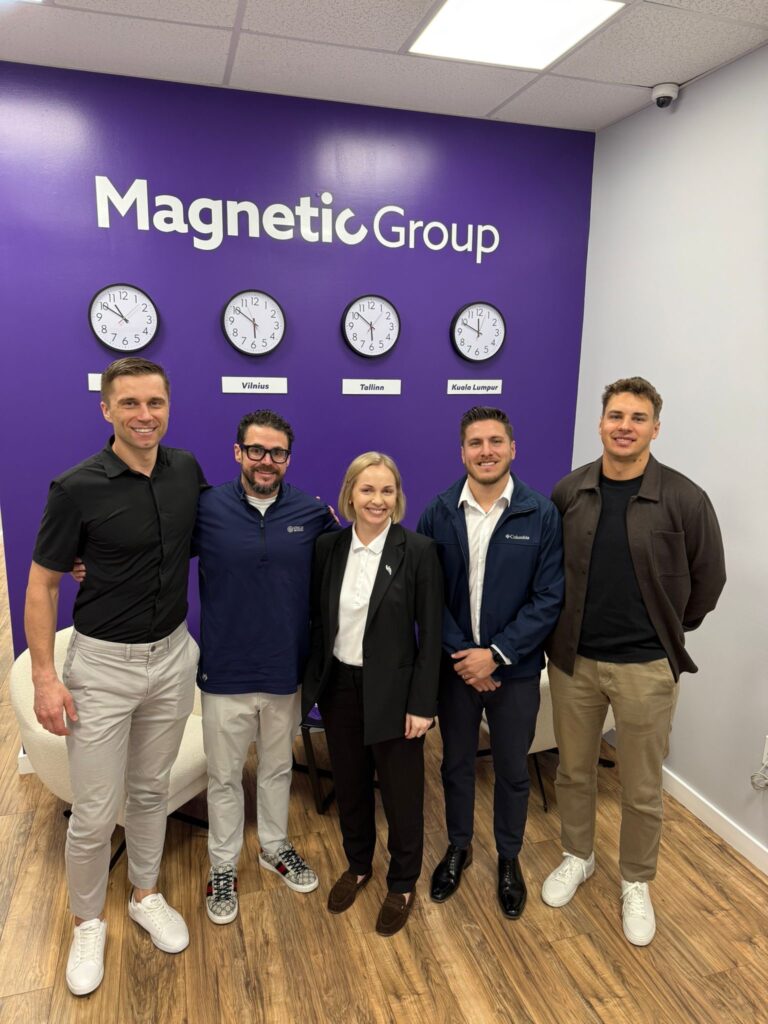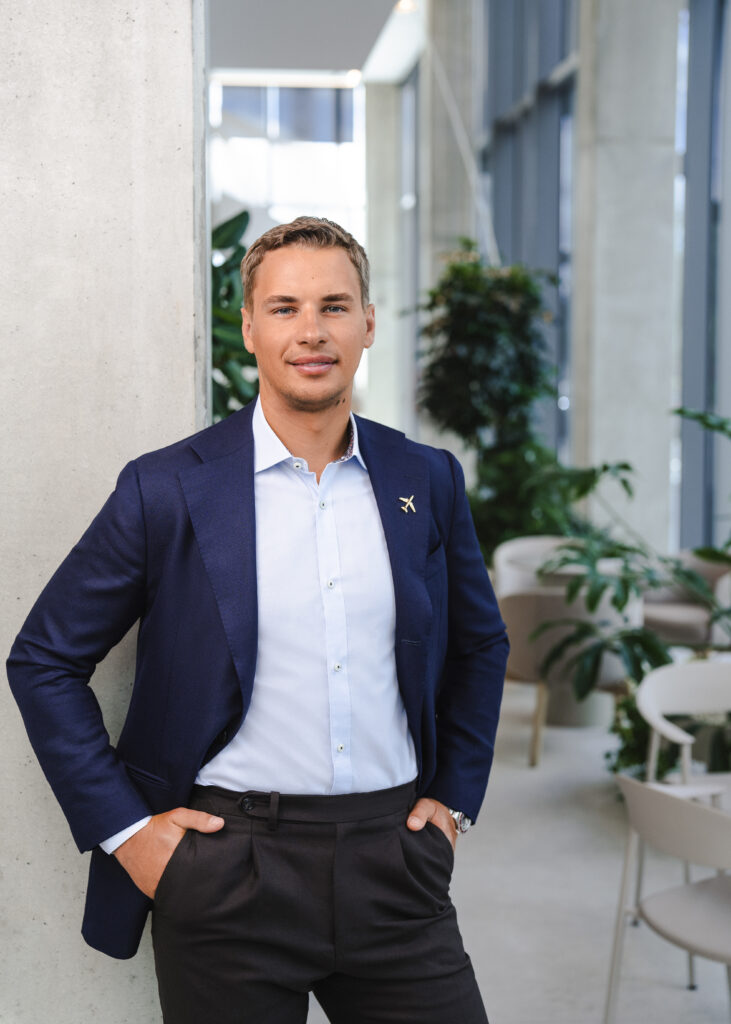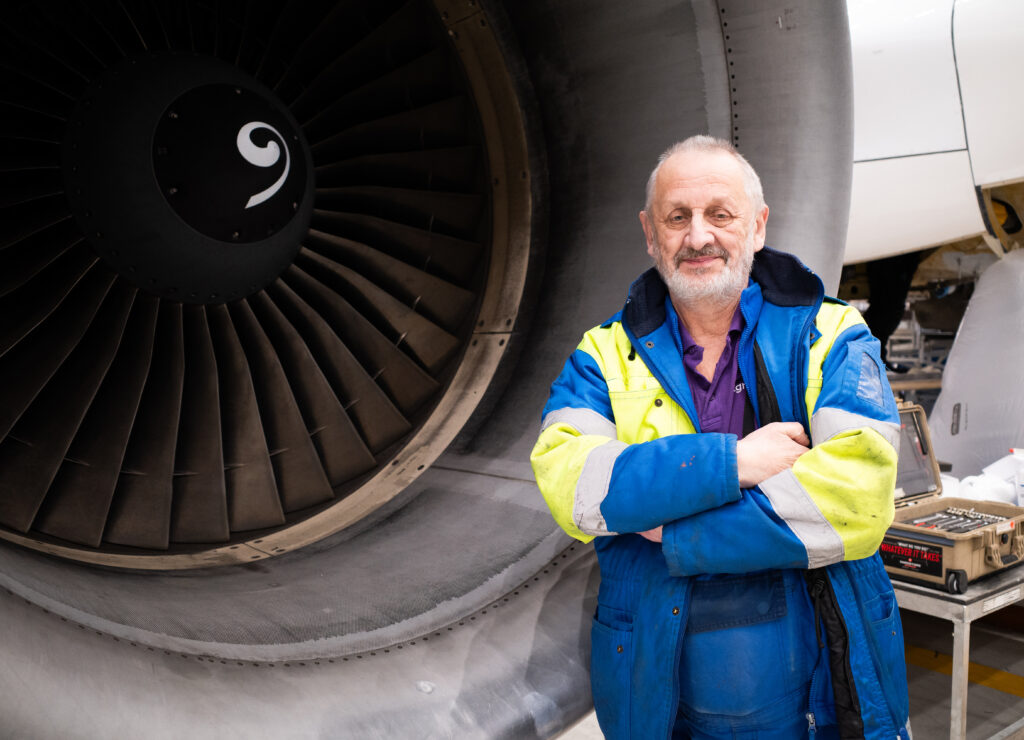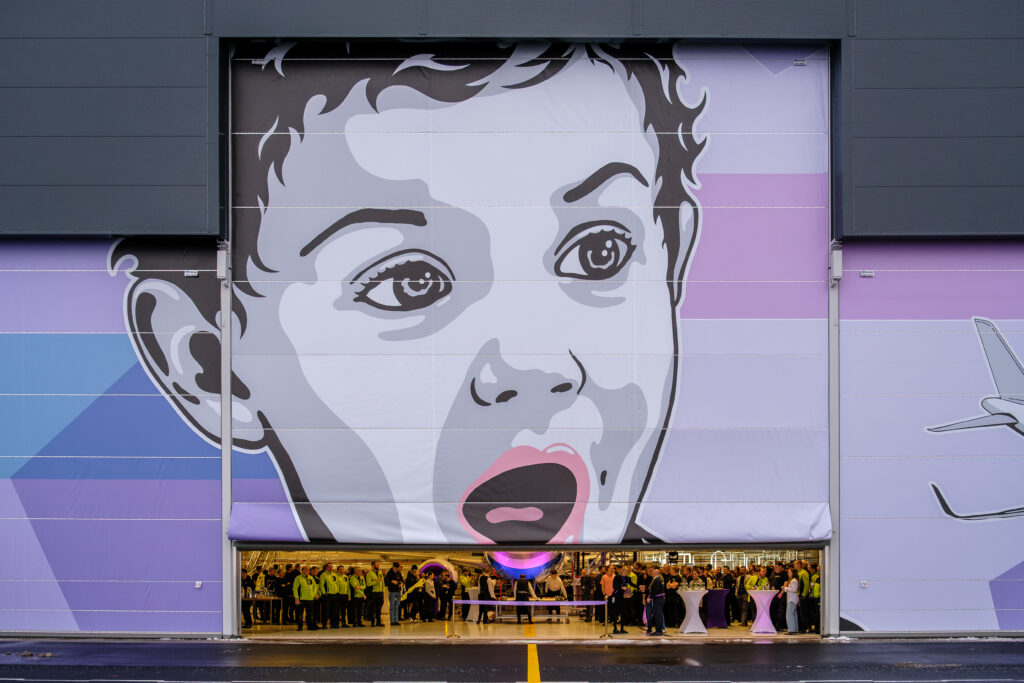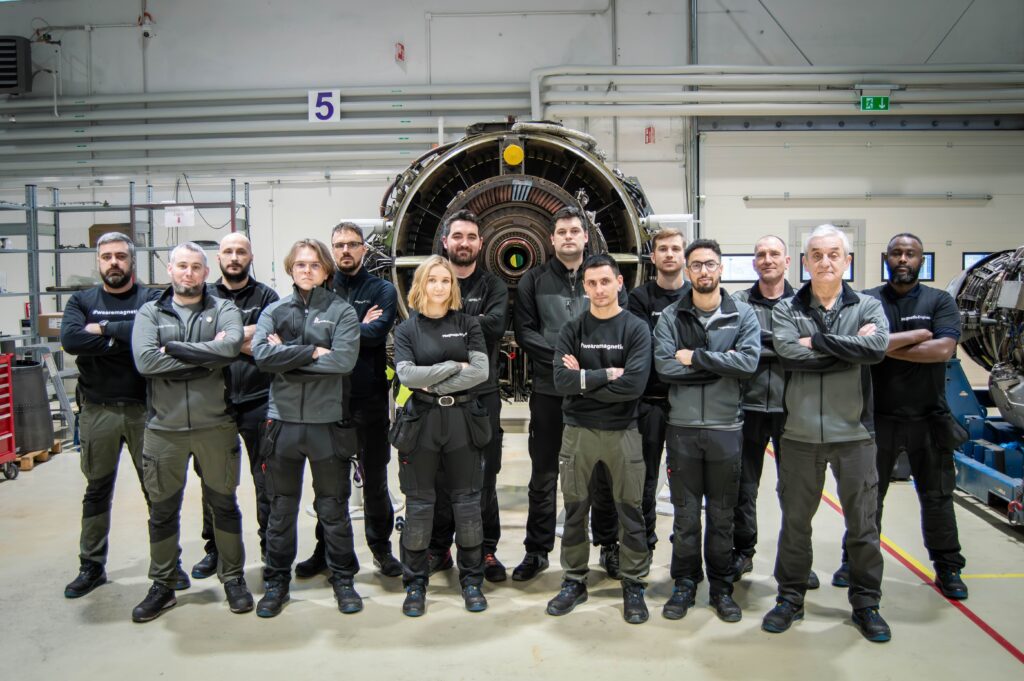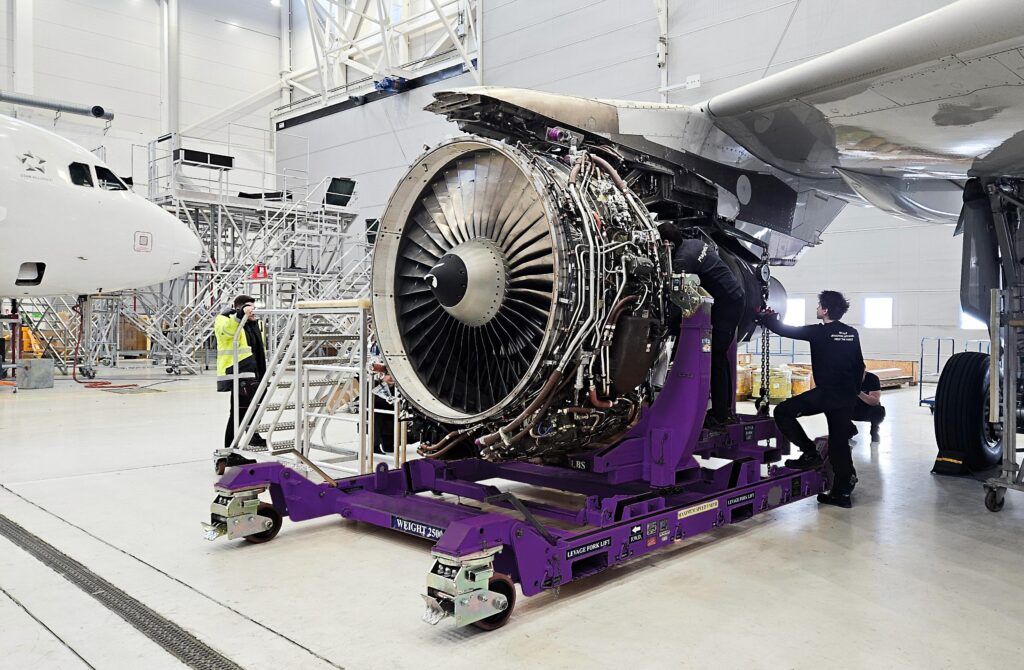From Banking to Aviation: 5 Leadership Lessons Applicable Across Sectors
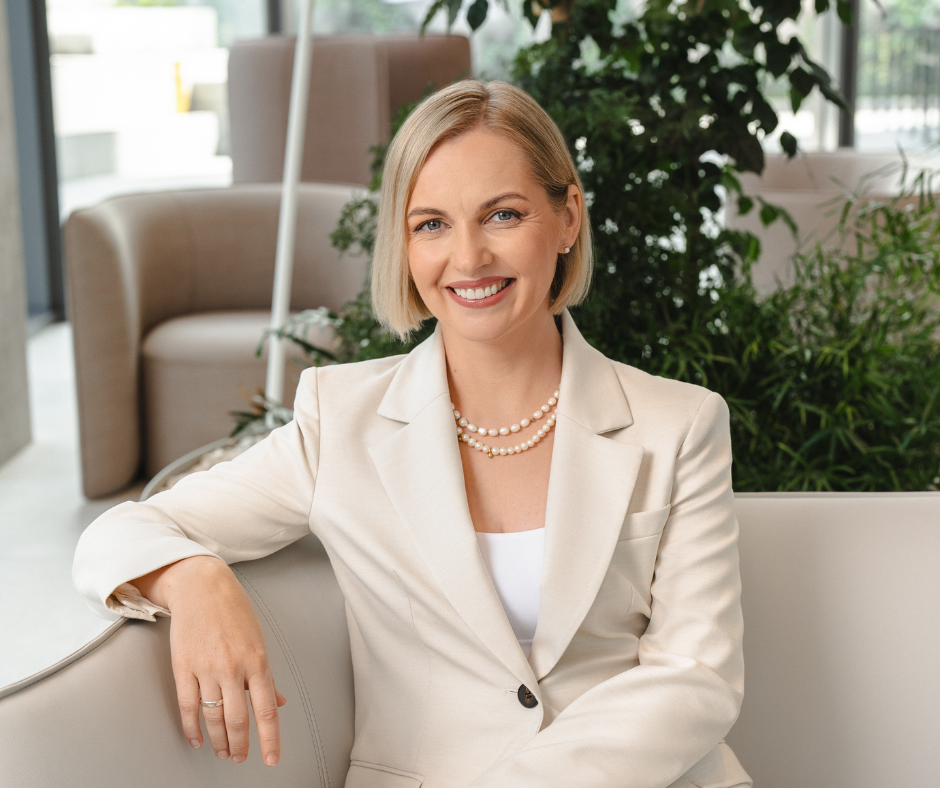
In today's fast-moving world, most industries have been impacted by technological innovation and geopolitical shifts, making the business environment ever-changing. To stay ahead, companies need to be agile and be able to anticipate what's coming, which also applies to recruitment, team management, and cultivating culture.
Airina Kacienaite-Krake, Managing Director at Magnetic Trading, has over 15 years of experience managing cross-cultural teams. She talks all about her experience and what it takes to unify and lead the team globally
When was the first time you stepped into the leadership role?
Airina: Looking back, I've always had a knack for managing and organizing. Even when I was little, I'd organize concerts and led our market sales, including allocating tasks and responsibilities to other kids. Seemingly, this inner instinct and drive to be proactive and gather these around has been there ever since. However, the first official managerial role was in the sales department of what was later known as Swedbank Lizingas. Starting with a team of 11 people, ranging from active to sales to support.
At that time, I was young and determined to prove that I could effectively manage the team, successfully grow it, and take on responsibility. I worked with VIP clients, each requiring flexibility and responsiveness to the changing market conditions. The competition was fierce, and the banking crisis forced us to look for out-of-the-box, innovative solutions while not just matching but also surpassing expectations. Then, the start of understanding began that not only numbers and profits matter, but also building a human-centric approach to connection, both your team and clients.
Another impactful comprehension has been that you can't measure people by one yardstick. Every person is unique, so what motivates one doesn't necessarily work for others. I am rather expressive, fast, and I like open and straightforward communication. However, within the team, we have introverted colleagues who work at different paces, yet they deliver great results. I've continuously had to be open and change not only my perspective but also my behavioral model so I could be an effective leader to everyone on the team, not only those who are "similar to me." I've carried this approach to other workplaces and industries, and it has become a cornerstone in my career path.

Ever since then, what are the five core leadership lessons you’ve learned throughout the years?
Airina: With over 15 years of leadership experience working in very different sectors, I have realized that true leaders are not limited to strategies or KPIs. They develop people and create environments, sometimes even requiring you to step over yourself to connect very different personalities. Here are five lessons that have been fundamental for me:
You can't apply one standard to people; leadership is individualized. I realized very early on that you can't use the same leadership style for everyone. Some people need clarity, solid KPIs, and strict frameworks; others need freedom and trust. My duty as a leader is to get to know people, understand their motivations, and adapt communication and tasks to make them feel visible and vital.
Be human-centric. We've worked with various clients in both banking and aviation. And yet, behind every contract, there are people who experience stress, pressure, personal experiences, and sometimes doubts. Leadership for me means assigning tasks and caring for people: sometimes, it's a conversation about life and not just about plans, goals, or results. This humanity returns in loyalty and trust.
Decisions must be quick, not impulsive, and strategically measured. Especially during a crisis, I learned not to be afraid to act. One of the most striking examples in recent years is when the war in Ukraine began; our profit from the Russian region accounted for about 30% of all income. The situation required a quick, clear plan on how to cover the financial gap that had arisen. In a short time, our team and I planned new directions and opened new markets, which helped stabilize the situation and strengthened our flexibility.
Talk about others' growth as if it were your own. One of the strongest feelings is when a member of your team gets a promotion or leaves to lead a new team. I always try to make sure that the people around me grow professionally and as personalities. And sometimes, unfortunately, that means letting the strongest people go to other projects or countries or maybe even out of the company. But I think that's the sign of true leadership, as a strong team shouldn't be stagnant.
Culture is built through actions, not presentations. No matter what sector you work in, people are not watching what you say; they are watching how you behave. If you talk about openness but are not prepared to listen to criticism yourself, it doesn't work. If you talk about a team but blame some people for the mistakes of others, the culture collapses. You lead by example, and authentic behavior is the most enduring form of leadership.
What are the essential elements of a strong and inclusive culture, especially when leading a department of global talents?
Airina: A strong and inclusive culture is not something we write on our walls or our T-shirts. It's something people experience every day: how they are addressed, how mistakes are responded to, how achievements are celebrated, and whether they can express an unpopular opinion.
Leading a global team with different cultures, time zones, mentalities, and even understandings of how work should be done and what "good, quality work" is, consistency, clarity, and empathy become the most important. These are the fundamentals without which, in my experience, a sustainable culture cannot exist:
Safety to be yourself. People need to feel safe to express their opinions, even if they differ from the majority.
Shared values but not uniform expression. For example, we may all believe in openness or expressing an open opinion, but how people express it in Asia, the USA, or Lithuania will be very different.
Clear communication. Clarity, openness, active listening – this is the essence of everything. It is also essential not to be afraid to repeat things to ensure that everyone is on the same page.
Show interest in people. Calls, meetings, and even 1:1 should not be just about work but also inclusive of their personal lives.
Initiative is encouraged but not imposed. It is crucial to create an environment where a team member feels able to contribute and is not obliged to be seen.
When applying some of these principles, culture doesn't remain just a background. It is more like it solidifies the foundation of a house upon which results, trust, and innovation are built.
How do you know someone is going to be a high performer and a good fit for the team? Are there any tell-tale signs?
Airina: Over the years, I have realized that a CV and even excellent answers in an interview do not guarantee that a person will fit into the team. Therefore, I personally participate in each final selection stage, even if it means an additional workload. It is essential for me to feel a person's vibe, how they communicate, how they react to openness and provocative questions, and whether their energy and values resonate with what we, as a team, are creating.
My approach is as follows: waiting a little and finding the right person is better than quickly filling the position with just anyone. I also always pay attention to two things – whether a person wants to learn, grow, has what is called a "can do" approach, and whether they can accept feedback without being defensive. These traits often say a lot about how much a person will grow and how long they will remain a good specialist and a "healthy" team member.
What advice would you give to someone starting his or her aviation leadership role?
Airina: Be prepared for constant change, fast pace, and uncertainty. Aviation is not a sector where you can settle in your comfort zone. Something is constantly changing: customer needs, geopolitics, customs policy, etc. Another thing is to trust the people around you. You can't know everything – especially in technical, operational, and regulatory issues. However, you can be that person who connects the dots, builds trust between teams, and helps everyone go in the same direction. Be curious, ask questions, but most importantly – hear the answers.
Also, sometimes your decisions will not be popular, but they will be necessary. When you must act quickly (which is always the case in aviation), there will not always be time for collective discussion and democracy. The most important part is to be able to explain why you made a particular decision and to be ready to take responsibility. And most importantly, don't forget about simply being a human. If people around you feel trust, appreciation, and belief in a common mission (which they are taking part in), this is a strong foundation for success. I would even go as far as to say more than half the work is done.




